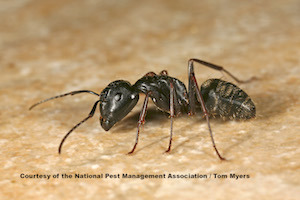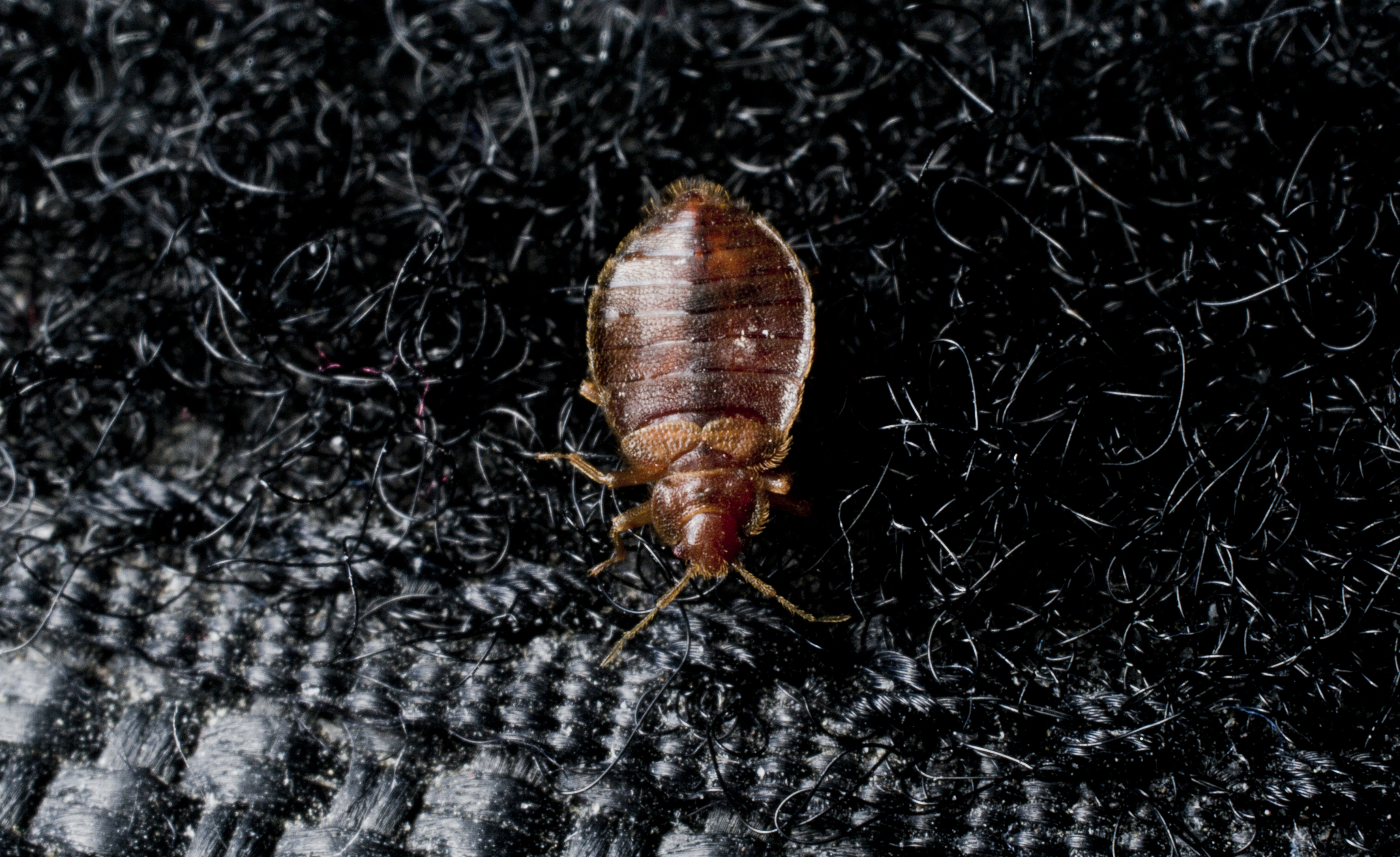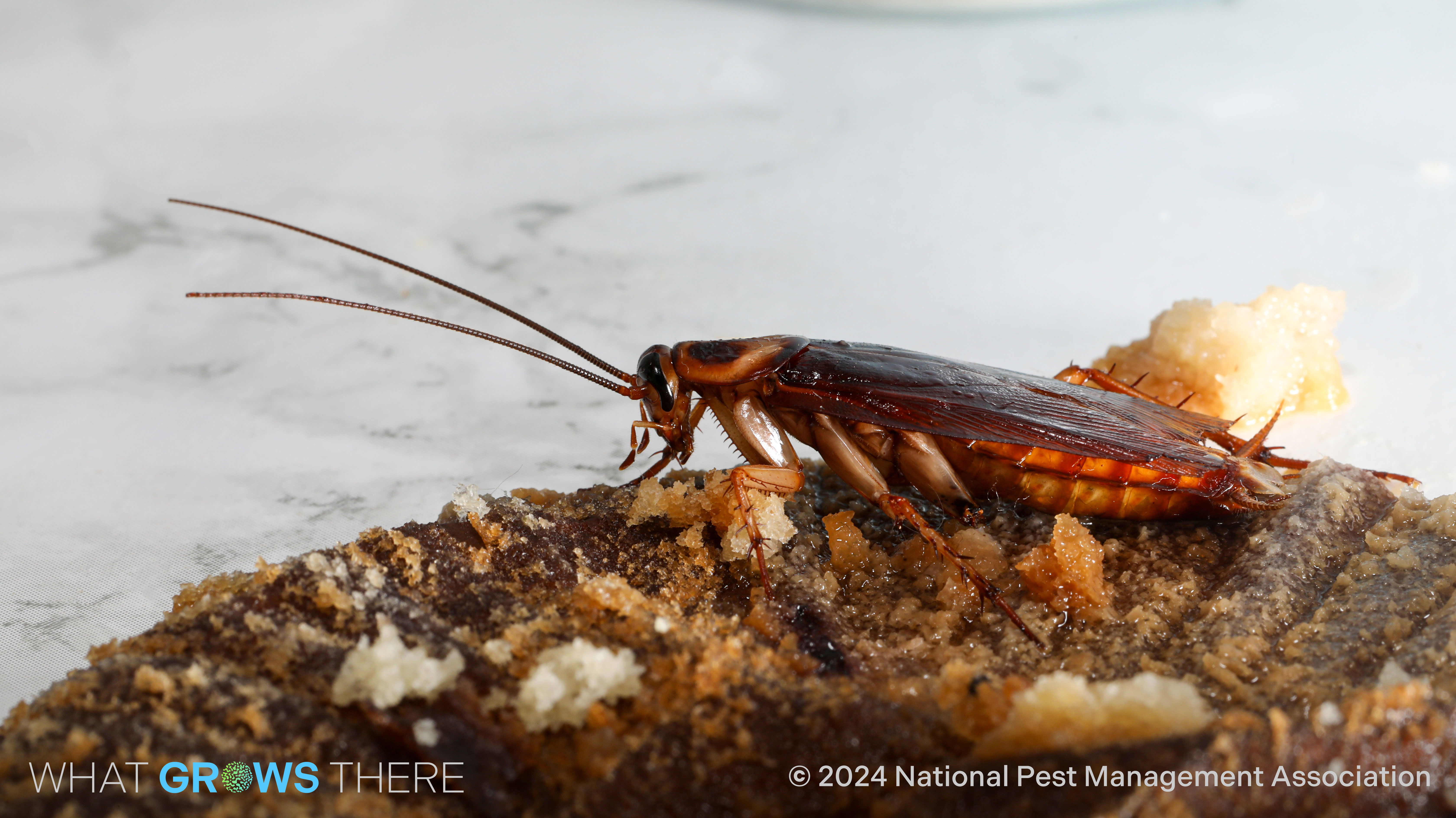Top Tips To Keep Wild Animals In The Wild
When the fall season rolls in, squirrels, raccoons and opossums are more apt to move indoors in preparation for the colder months. Unfortunately, our homes often provide the perfect refuge for these and other types of nuisance wildlife because they have easy access to food, water and warm shelter from the elements. As such, it’s important to animal-proof your property before Old Man Winter blows in. Here are some helpful tips to ensure that no curious critters sneak in through the attic, basement or other susceptible areas of the home.
Once inside, wild animals are not only difficult to eradicate, but they can also pose serious health risks by carrying diseases like rabies and biting if they feel threatened. If you encounter nuisance wildlife on your property, it’s extremely important to contact a local wildlife control specialist or pest control professional instead of attempting to trap and remove the animal on your own.
-
Screen vents
Raccoons and squirrels often find their way into homes via uncapped chimneys, broken vents and other openings along rooflines. Ensure that these items are fully screened to prevent wild animals from making your home their own. -
Cover the trash
Many types of nuisance wildlife, especially raccoons, are attracted to piles of trash left outside. You should store all garbage bags in plastic containers with sealed lids to make it difficult for animals to dine on your leftovers.
-
Cut back vegetation
Squirrels and other small wildlife are known to use tree branches to gain access to rooflines, where they can then find a number of ways to move indoors. Be sure to cut back any tree limbs or branches that hang too close to the foundation. A good rule of thumb is to keep vegetation at least 6 to 8 feet from the roofline. -
Clean up the yard
Do not leave brush, leaf piles or other debris accumulate in the yard, as these materials make the ideal harborage site for small animals. Also, make sure that firewood is stored at least 20 feet from the house during the cooler months. -
Keep bird feeders out of reach
Ensure bird feeders are only accessible by birds. Squirrels, raccoons, opossums and even bears are drawn to birdseed. Homeowners should also place birdbaths where small animals cannot reach them. Birdbaths and fountains may attract wildlife to the property, especially in areas where water is scarce.

Learn About Ants
Ants are a common pest homeowners struggle to eradicate. Learn more about them!

Bed Bug Pest Guide
Traveling for the holidays this year? Be sure to keep an eye out for bed bugs! Use our Pest Guide to help identify this pest.

NPMA's What Grows There? Project
Check out NPMA's What Grows There? project to learn how pests, such as flies, cockroaches and rodents, can spread germs throughout a home.
Find a PEST PRO in your area

Learn About Ants
Ants are a common pest homeowners struggle to eradicate. Learn more about them!

Bed Bug Pest Guide
Traveling for the holidays this year? Be sure to keep an eye out for bed bugs! Use our Pest Guide to help identify this pest.

NPMA's What Grows There? Project
Check out NPMA's What Grows There? project to learn how pests, such as flies, cockroaches and rodents, can spread germs throughout a home.
